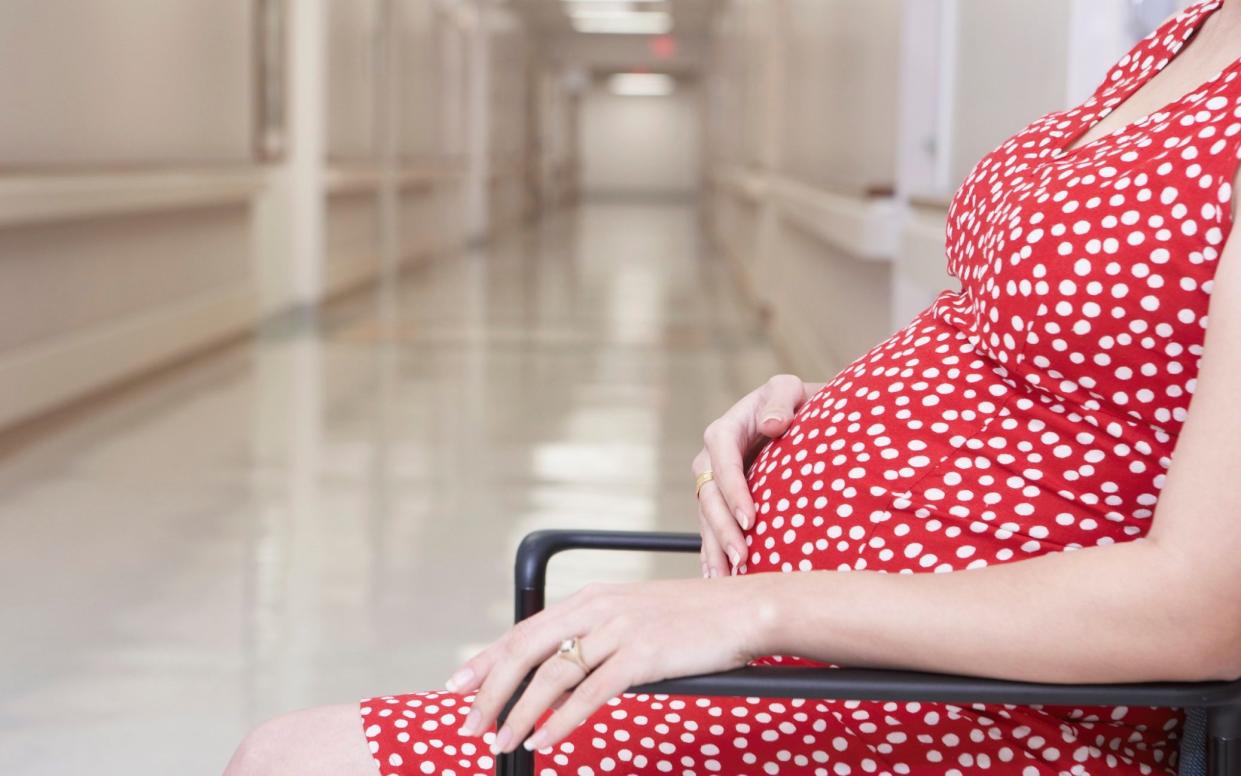Pregnant women will not receive first doses of coronavirus vaccine

Pregnant women will not receive the coronavirus vaccine during the initial rollout because potential risks are unknown, new guidance reveals.
After the UK approved Pfizer’s jab for use on Wednesday, the Joint Committee on Vaccination and Immunisation (JCVI) updated its advice to urge expectant mothers against coming forward for the jab.
It said there was a “lack of evidence” over the effect of the vaccine on pregnant women but confirmed that further research is ongoing to assess the risk.
The advice states: "Data on vaccine impact on transmission, along with data on vaccine safety and effectiveness, will potentially allow for consideration of vaccination across the rest of the population.
“As trials in children and pregnant women are completed, we will also gain a better understanding of the safety and effectiveness of the vaccines in these persons."
The committee also advises against immunisation for those aged under 16 as there is “very limited data on vaccination in adolescents, with no data on vaccination in younger children, at this time”.
Only children at “very high risk of exposure and serious outcomes” – such as older children with severe neuro-disabilities – should be offered the jab, it states.
Last week, Public Health England (PHE) published guidance saying there was “insufficient evidence” to recommend routine use of Covid-19 vaccines during pregnancy.
The guidance said that while “there is no known risk” connected to pregnancy, “as with most pharmaceutical products, specific clinical trials of Covid-19 vaccine in pregnant women have not been carried out”.
It added: “Although the available data do not indicate any safety concern or harm to pregnancy, there is insufficient evidence to recommend routine use of Covid-19 vaccines during pregnancy.
“Vaccination should be postponed until completion of pregnancy. If a woman finds out she is pregnant after she has started a course of vaccine, she should complete her pregnancy before finishing the recommended schedule.”
New mothers who are breastfeeding will be allowed to be vaccinated, however, and the guidance stresses that pregnant women who are deemed high-risk due to other health factors “should be offered a vaccine as soon as possible after completion of pregnancy”.
Expectant mothers have been hit by restrictive rules throughout the pandemic, with some NHS trusts banning partners from hospital appointments and births.
Meanwhile, a recent study found that pregnant women with coronavirus were less likely to show symptoms but may be at an increased risk of being admitted to intensive care.
The international team of researchers, which included experts from the World Health Organisation, also found that women with coronavirus are more likely to give birth early, with their newborns more likely to be admitted to a neonatal unit.

